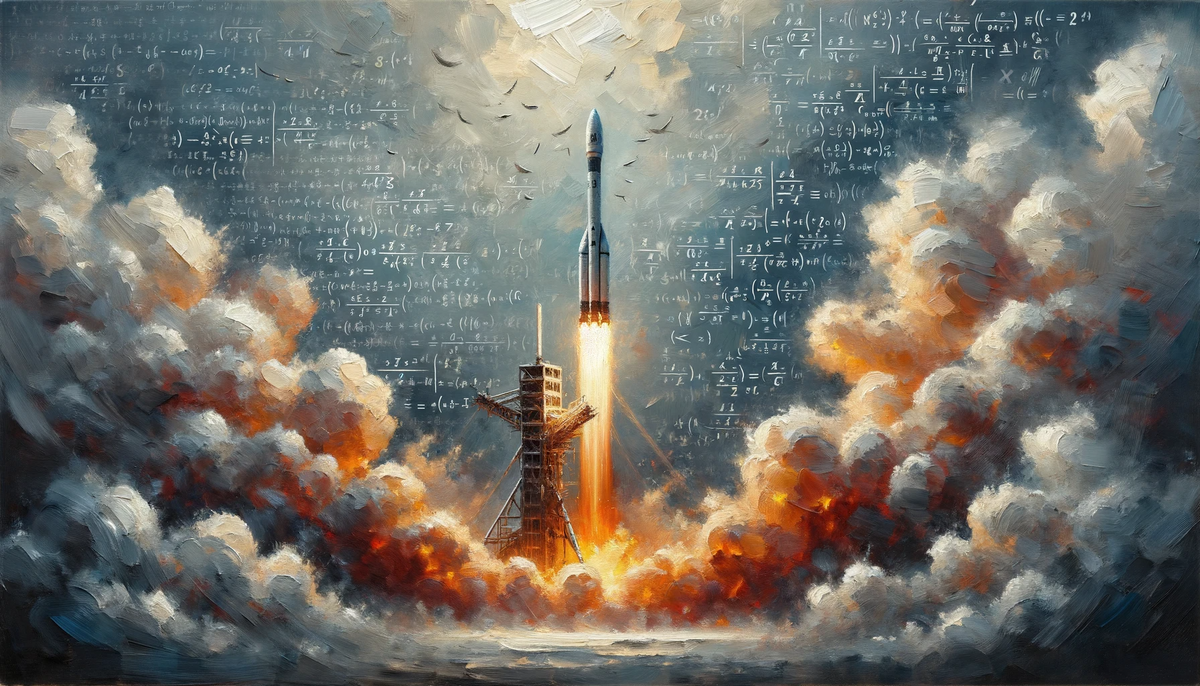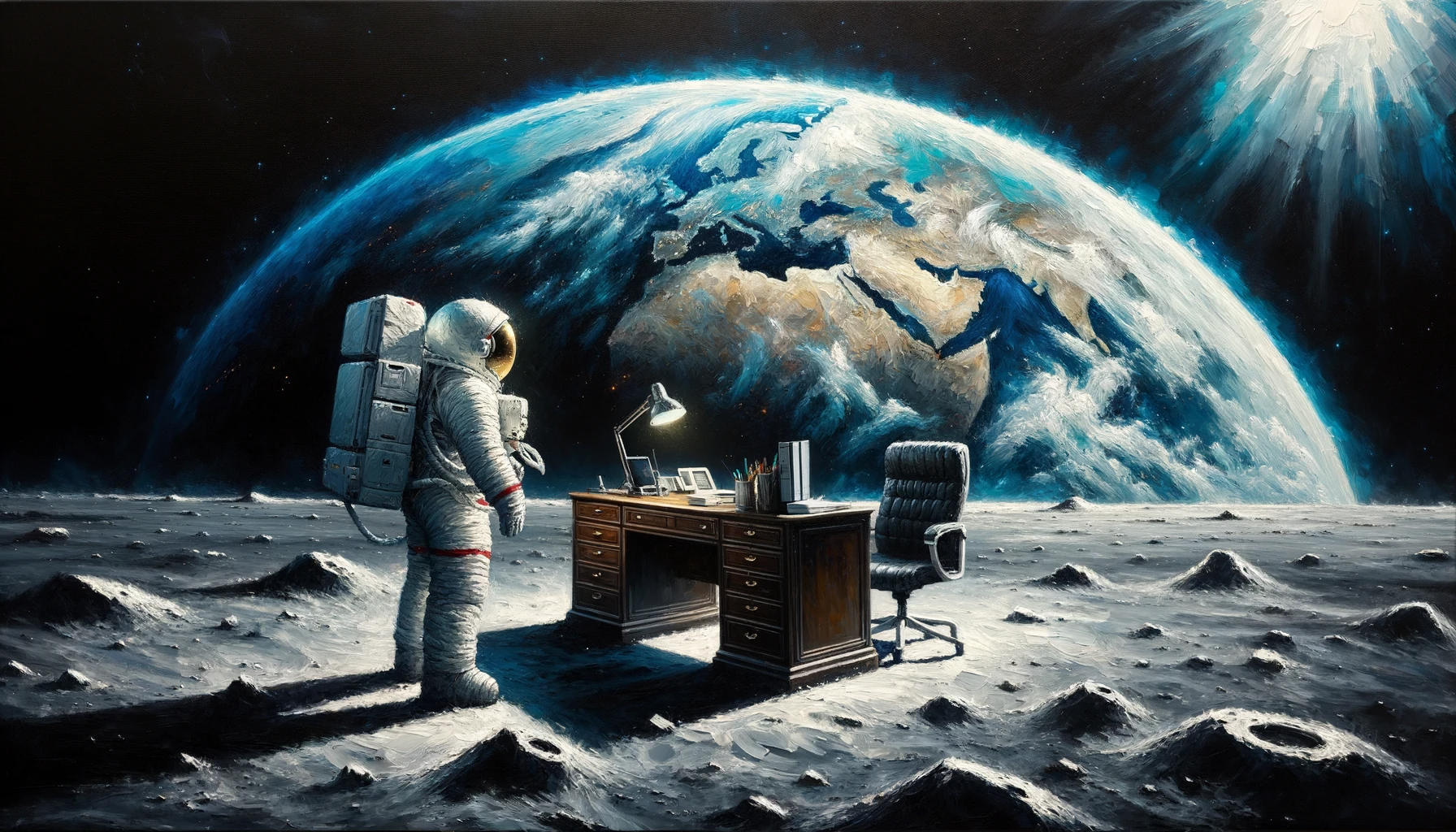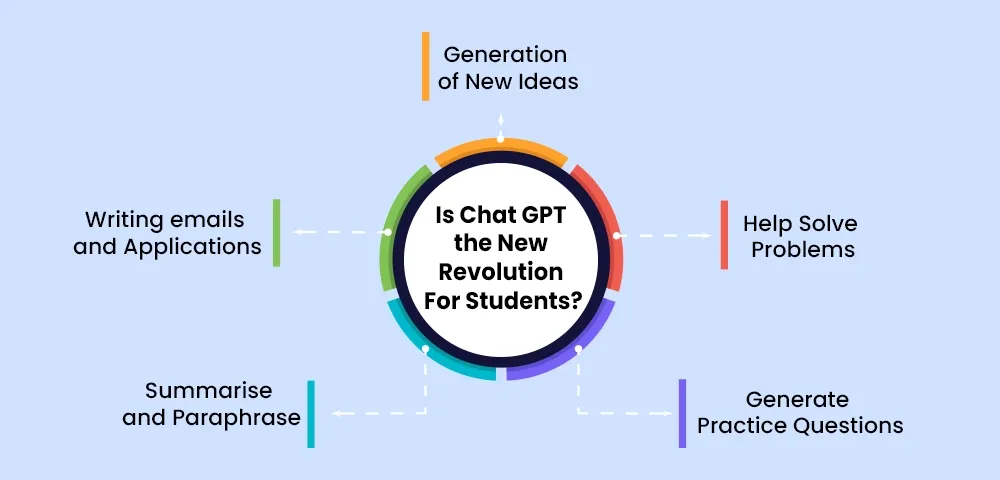Stellar Employees - Why Astronautical Students are a Hiring Goldmine
In a world moving towards space commercialization, astronautical engineering students, fueled by passion and armed with a robust technical foundation, emerge as exceptional hires, bringing a space-savvy edge to the modern workforce.

On a planet pursuing space commercialization, careers in spare are not science fiction. Enter astronautical engineering students, the curious minds with a knack for math and code. As a matter of fact, Astronautical students make exceptional hires - even outside of astronautics. They step into their careers driven by a genuine passion and a desire to make space more accessible to humanity. Their education is a mix of rigorous mathematics, software, avionics, and hardware, laying a solid foundation for a fruitful career. Additionally, their ability for continuous learning is evident through their adept use of modern tools like Large Language Models (LLMs) and other emerging technologies. Let’s dive into why these space-savvy scholars are a hiring goldmine.
Fueled by Passion
Passion-driven pursuits are common among astronautical students. They choose this field not just for its allure, but for a deep-rooted desire to contribute to society by making space more accessible. Their ambition is practical; it's about making space a contributing domain for humanity. This passion is more than a passing phase. It’s a strong motivator that pushes them to excel, making them dedicated and impactful employees.
“If you want to build a ship, don’t drum up people to collect wood and don’t assign them tasks and work, but rather teach them to long for the endless immensity of the sea.” (Antoine de Saint-Exupery)
“You will love the ocean. It makes you feel small, but not in a bad way. Small because you realize you’re part of something bigger.” (Lauren Myracle)

A Blazing Academic Forge
Astronautical programs are challenging. I often council students that the junior year is the hardest part. A broad foundation is built through rigorous academics. Students engage with first principles, tackle complex mathematics, and get hands-on experience with software, avionics, and hardware. This well-rounded education equips them with a versatile skill set that is invaluable in the job market. They have both theoretical knowledge and practical understanding.
“Non est ad astra mollis e terris via" - "There is no easy way from the earth to the stars” (Seneca)

Lifelong Learners with a Modern Twist
The learning journey of an astronautical engineering student doesn’t end at graduation. It’s just the start of a continuous learning path. By necessity, these students have learned to adapt and grow, as showcased by their impressive use of modern tools like Large Language Models (LLMs) (see this article about accelerated learning with LLMs) and other emerging technologies. Their willingness to harness the latest advancements for practical applications makes them an asset to any forward-thinking organization.
“To be aware each day of what you still don’t know and to remember after a month what you were able to absorb—this is proof of your love for learning.” (Zixia, The Analects 19.5)

Are astronautics students a goldmine? Yes.
The solid training, passion-driven approach, and a knack for learning make astronautical engineering graduates a good recruiting target. Their readiness to embrace modern tools, coupled with a strong foundational knowledge, positions them as valuable, driven, and passionate team members. As we move into an era where space becomes more integrated with our daily lives, having these space-savvy individuals on board is beneficial. They are not just dreaming about orbital infrastructure; they are working to bring a piece of space closer to us. That’s a practical approach any organization would appreciate.
Subscribe to the Newsletter
If you enjoy this content, show your support by subscribing to the free newsletter, which includes the weekly articles as well as additional comments from me. There are great reasons to do so, and subscriptions give me motivation to continue writing these articles! Subscribe today!


